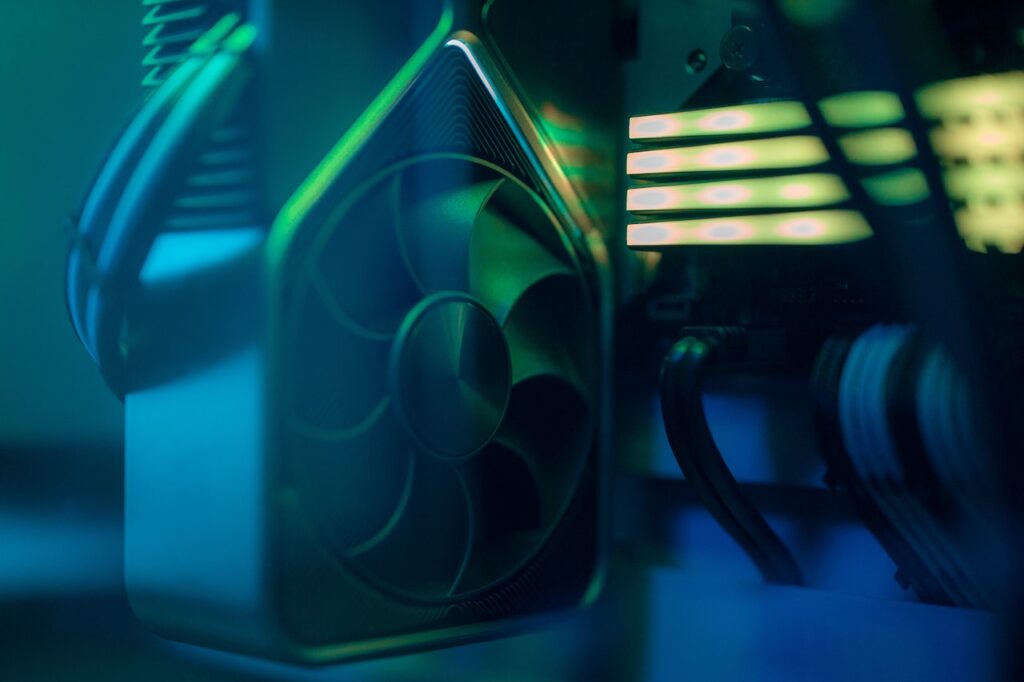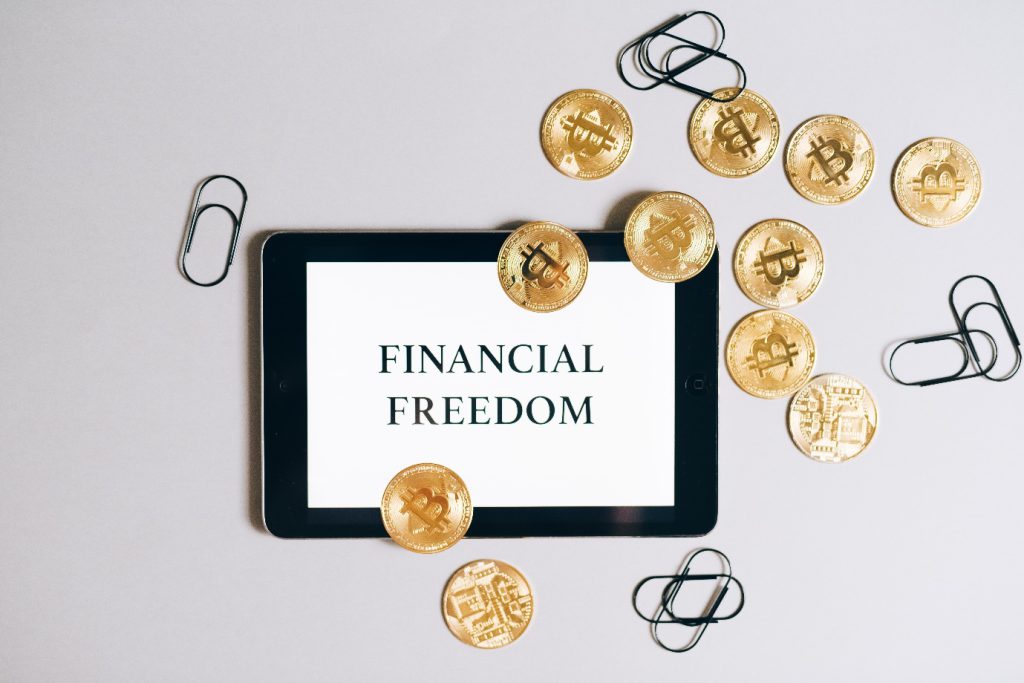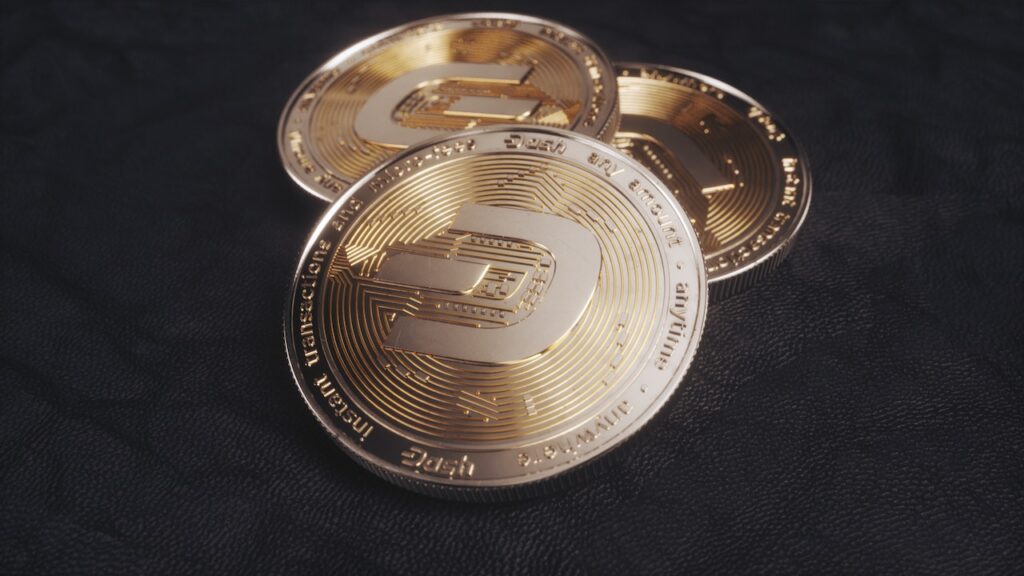
Bitcoin Cash is a new altcoin that has evolved from the Bitcoin currency. It’s an offshoot created in 2017 following the Bitcoin network’s fork. While it’s a separate currency from Bitcoin, it shares many similarities to its parent currency. It is a secure and decentralized cryptocurrency that allows for instant payments and peer-to-peer lending.
Block size limit
Bitcoin Cash’s average block size is about 350 bytes. That means that a block size of 32 MB supports up to 91,425 transactions per day, while a block size of 1 MB supports up to 500,000 transactions per day. However, while Bitcoin Cash has been designed to handle large volumes of transactions, it is still relatively slow. The number of transactions per day has fallen to about 192,800 in the last few weeks, which represents less than 0.14% of the daily volume.
The debate over the block size limit was one of the main reasons for the bitcoin hard fork. Initially, influential miners favored the SegWit2x protocol, which was slated to be rolled out to the bitcoin network in August 2017. But supporters of Bitcoin Cash argued that their new protocol more closely resembled the vision of Satoshi Nakamoto, and thus, it was implemented.
Smart contract language
Bitcoin Cash smart contract language is a high-level language for smart contracts. It’s similar to Ethereum’s Solidity language, but has some unique features. To learn more, check out the documentation. It contains full reference of the language. In addition, it allows developers to create smart contracts easily, even if they don’t have any programming experience.
A smart contract is a contract that allows for different scenarios. For example, a Bitcoin transaction may be issued with a preimage. Then, it is signed by the sender of the transaction. The sender then signs a hash representation of the transaction, called sighash. The actual transaction data is contained in the preimage. You can access this data by using the functions OP_CHECKSIG and OP_CHECKDATASIG. You can also view the sighash data format in the specification. The data format includes scriptCode and hashOutputs.
Pseudonymity
Pseudonymity has long been a favorite feature of the crypto industry, non-traditional financial technologies, and decentralized finance. It is a fundamental aspect of cryptocurrencies, which means that the creator of bitcoin, also known as Satoshi Nakamoto, did not care about users’ real identities. In fact, his goal was to create a platform that would eliminate the need for a middleman, which allowed users to engage in anonymous financial transactions. But that didn’t make them immune to scammers. Today, there is still a debate about whether or not bitcoin cash should be a pseudonymous currency. This debate is likely to be resolved at some point in the future.
Pseudonymity is essential for privacy in cryptocurrencies, and it is even more essential in bitcoin cash. While bitcoin is not truly anonymous, the bitcoin addresses you use to spend your funds are pseudonymous. In addition, in the new version of Bitcoin Core, address reuse is now supported. This allows multiple payments to be spent to the same address or linked to different addresses. Alternatively, you can use the -avoidpartialspend flag to avoid partial spends, but it will cost you more fees.
Cost
The Bitcoin Cash price has been incredibly resilient over the past few months, despite the fact that the network is vulnerable to 51% attacks, a critical setback in the competitive cryptocurrency market. However, the price could continue to fall as the lack of a governance protocol causes some investors to distance themselves from the platform. The price could reach a low of $ 655,440 by the end of the year, before rebounding to reach $ 1000 or more.
Bitcoin Cash was introduced as a standalone digital currency in August 2017, and it has much higher value than Bitcoin. Both digital currencies are increasing in value, but Bitcoin cash has a lower cost per transaction and can transfer data more quickly than Bitcoin. This makes it more popular and trusted for everyday use.
Mining
Mining Bitcoin Cash requires a significant amount of power. It requires lots of electricity and computational power to solve the complex cryptographic puzzles that make up the blockchain. Because of this, you need an efficient machine that uses less electricity than its competitors. Another important consideration is the stability of the electricity you use. If the electricity supply is unstable, the machine may be unable to mine Bitcoin Cash.
You can use a mining pool to pool your computing power. This is more convenient than buying mining hardware and software. You can use an ASIC device to mine Bitcoin Cash. These devices are more powerful than CPU or GPU-mining software.






Facebook Comments